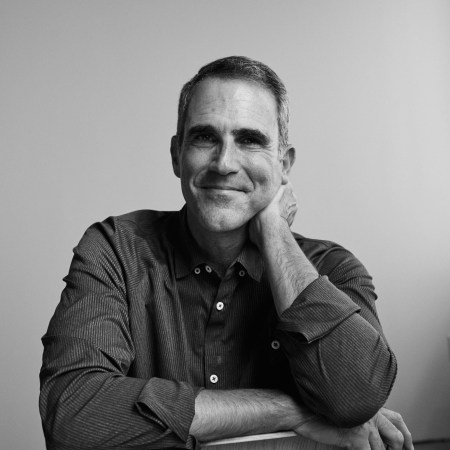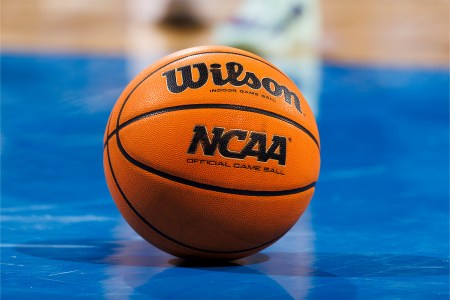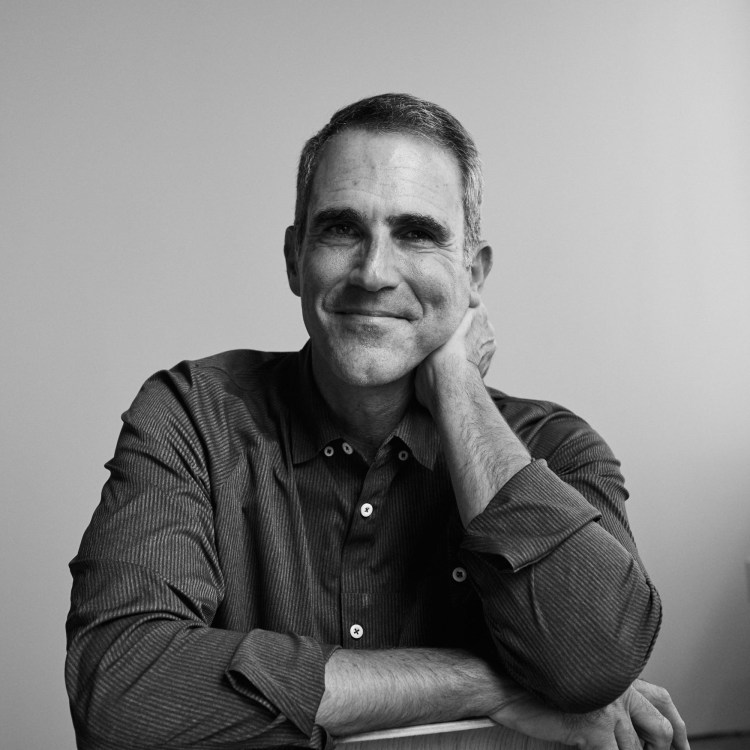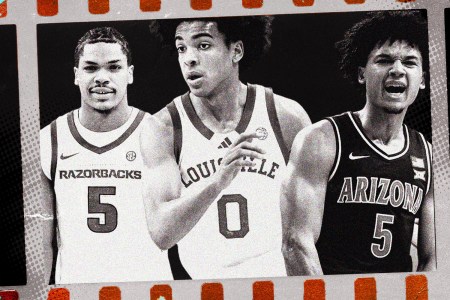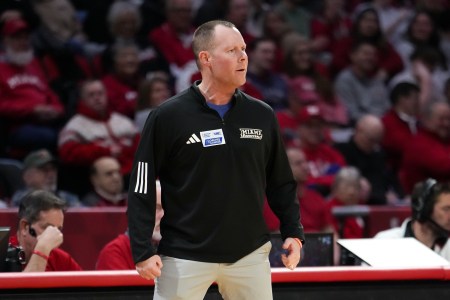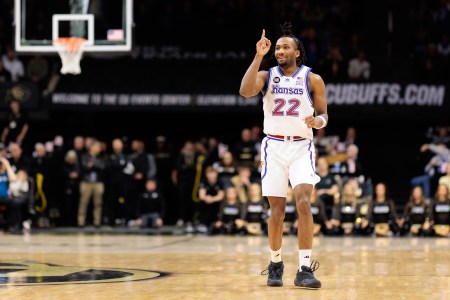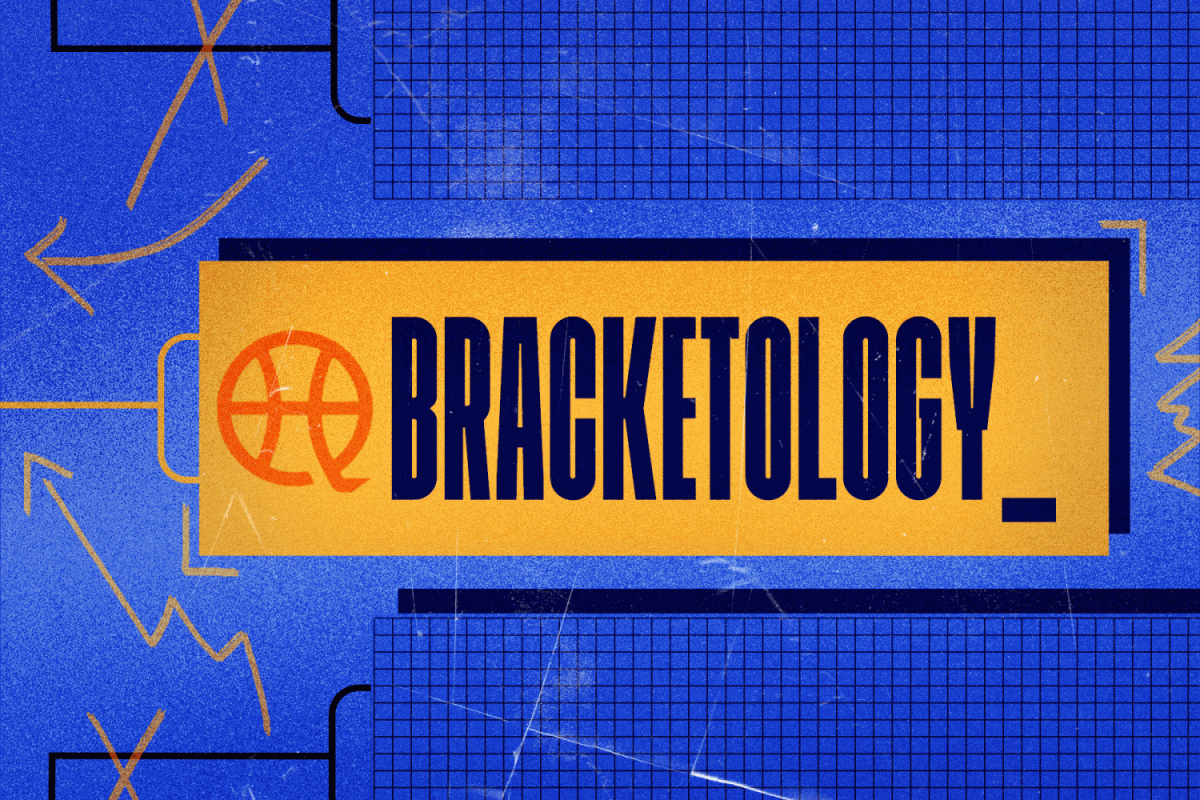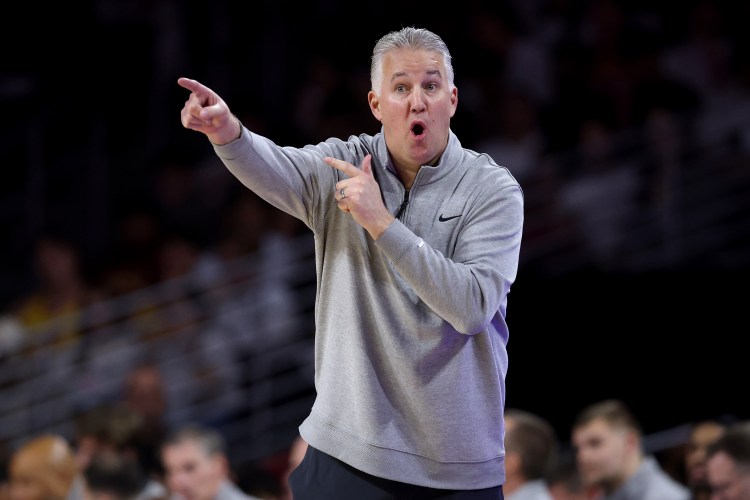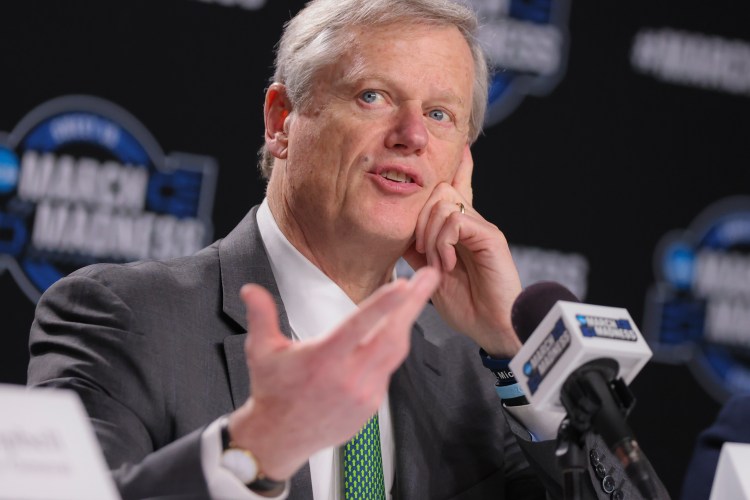On April 23, 2022, John Ruiz, the billionaire CEO of LifeWallet and a major booster at the University of Miami, rocked the college basketball world when he revealed on Twitter that he had signed Kansas State guard Nijel Pack to a two-year Name, Image and Likeness deal worth $800,000. At the time, that seemed like an outlandish figure for a good-but-not-great player who had averaged 17.4 points per game. It was more than enough to convince Pack he should transfer to Miami.
By signing Pack to what was essentially a free agent contract, Ruiz solved one problem but created another. The Hurricanes’ leading returning scorer, junior guard Isaiah Wong, had entered the NBA draft but planned to return for his senior season. In light of the Pack agreement, Wong decided that if he didn’t get a better NIL deal than the $100,000 he was making with LifeWallet then he would enter the transfer portal. This was no secret threat — his agent said as much publicly. Ruiz made a show of refusing to renegotiate, but he quickly reached back into his deep pockets, made Wong an offer he couldn’t refuse and the Hurricanes, who had just come off an Elite Eight, now had one of the top backcourt tandems in the country.
Those payouts were chump change to a man who owned seven waterfront mansions and his own Boeing jet. At the time, Ruiz reportedly had NIL deals with more than 100 athletes at the U. The sums he lavished on Pack and Wong proved to be smart investments when they led the Hurricanes to the school’s first Final Four the following spring. That marked the second time that Miami coach Jim Larrañaga took a team to that far, having led George Mason there in 2006. So it was, shall we say, incongruous to hear that same coach on Thursday say that he was stepping down as Miami’s coach because he had become disillusioned at how college sports has become one big chase for the almighty dollar.
Larrañaga didn’t seem to have a problem with the state of college sports when his program was flush with cash. Now that that’s no longer the case, it’s the system that’s the problem?
The only surprising thing about Larrañaga’s decision to retire was the timing. His Hurricanes ended last season on a disastrous skid, dropping their last 10 games to finish 15-17 (6-15 ACC). They started this season 4-8, punctuated by Saturday’s overtime home loss to Mount St. Mary’s. That type of record would mark the undoing of any coach, much less one who turned 75 on October 2. At his press conference on Thursday, Larrañaga admitted he was “exhausted.” He also said it “shocked me beyond belief” that after his team made the 2023 Final Four, eight of his players said they wanted to put their names in the transfer portal in order to explore opportunities to make more NIL money. “You have to being to ask yourself as a coach, what is this all about?” he said.
Larrañaga knows what it’s about: It’s about the money. That’s not to say that college athletics is just about the money, but yeah, the money is important. That was okay with him as long as it was flowing aplenty, but now that the money at Miami has dried up, so have the wins.
The main reason for this shift is that Ruiz fell on hard times. In January of this year, the Miami Herald reported that LifeWallet, a health insurance claims company, was facing mounting legal difficulties, including investigations undertaken by the U.S. Securities and Exchange Commission and the U.S. Attorney’s Office in southern Florida. LifeWallet’s stock price plummeted. In August, the company, which was once valued at over $30 billion, sent out a report to investors that conceded “substantial doubt” about its ability to stay afloat. As a result, Ruiz doesn’t have near the same wherewithal to buy players for Miami’s athletics teams, much less fund the football stadium he had once so brazenly promised to build.
The Legal Case That Could End Amateurism in College Sports Nears a Settlement
Buckle up! (Even more) chaos is coming to college sports.
There are lots of ways for basketball programs to raise NIL money, but there’s nothing like a billionaire to make those efforts easier, especially at a private school with a small alumni base. NIL transactions are largely conducted in private (and everybody lies anyway), but you don’t need any inside information to know that Larrañaga was no longer able to compete in today’s market. Six of Miami’s top nine scorers from last season transferred out. A seventh, freshman guard Kyshawn George, left for the NBA. Miami did not have nearly the same ability to replace them with quality transfers or five-star recruits. The Hurricanes aren’t terrible this season because Larrañaga forgot how to coach. They’re terrible because their players aren’t good enough.
Larrañaga’s frustration is understandable. He has had a distinguished career and will be remembered as much for his charisma and engaging personality as those 716 wins. But please spare me the hand wringing over the state of college sports. Larrañaga didn’t seem to have a problem with said state when his program was flush with cash. Now that that’s no longer the case, it’s the system that’s the problem?
Virginia coach Tony Bennett offered a similar lament when he suddenly retired in October. “The game and college athletics is not in a healthy spot. It’s not,” he said. Bennett is only 55, so theoretically he has a lot more runway than Larrañaga has. Give credit to Bennett for understanding that he did not want to conduct business this way, but that was a personal decision. It doesn’t mean there’s something inherently wrong with a system that finally empowers players to capitalize on their abilities after being shut out for so long.
Larrañaga and Bennett made the right choices for themselves, but I firmly reject the argument that their departures are evidence that college athletics is in an unhealthy spot. Yes, it is experiencing a major disruption, but things wouldn’t be so chaotic if the NCAA and leaders around the industry had exhibited a modicum of foresight and prepared for changes that everyone knew was coming. Another big shift is coming next summer when pay-for-play revenue sharing goes into effect. All of this is a lot for coaches to deal with, especially since no one quite knows how it will all work out, but make no mistake, college sports is not going back. Coaches can either complain and wax nostalgic about the way things used to be, or they can adapt and compete. As Larrañaga learned the hard way, only one of those leads to winning.
